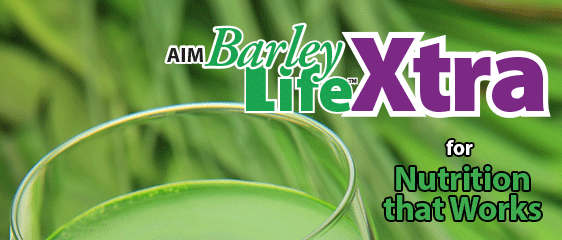Nonfat Milk Linked to Prostate Cancer
A study in the American Journal of Epidemiology has found there may be a link between the consumption of non-fat or low-fat milk and an increased risk of prostate cancer.
This report runs counter to the idea that it was the vitamin D and calcium in milk that led to an increase in prostate malignancies.
In the study's overall analysis of food groups, the consumption of dairy products and milk were not associated with prostate cancer risk.
In the study's overall analysis of food groups, the consumption of dairy products and milk were not associated with prostate cancer risk.
Further analysis, however, suggested that low-fat or nonfat milk did increase the risk of localized tumors or non-aggressive tumors, while whole milk decreased this risk.
As always, there's an essential irony here: The study found that whole milk - the kind with all the fat that everyone's always telling you to stay away from - actually decreased the risk of prostate cancer.
Researchers have shown a link between eating vegetables and a reduced risk of prostate cancer.
As always, there's an essential irony here: The study found that whole milk - the kind with all the fat that everyone's always telling you to stay away from - actually decreased the risk of prostate cancer.
Researchers have shown a link between eating vegetables and a reduced risk of prostate cancer.
In the Journal of the National Cancer Institute, broccoli and cauliflower were shown to cut down on prostate cancer risk, as well as a diet rich in raw tomatoes.
If you don't like veggies, or don't have time to eat any, BarleyLife Xtra has eighteen of them, including broccoli and tomato.
If you don't like veggies, or don't have time to eat any, BarleyLife Xtra has eighteen of them, including broccoli and tomato.
